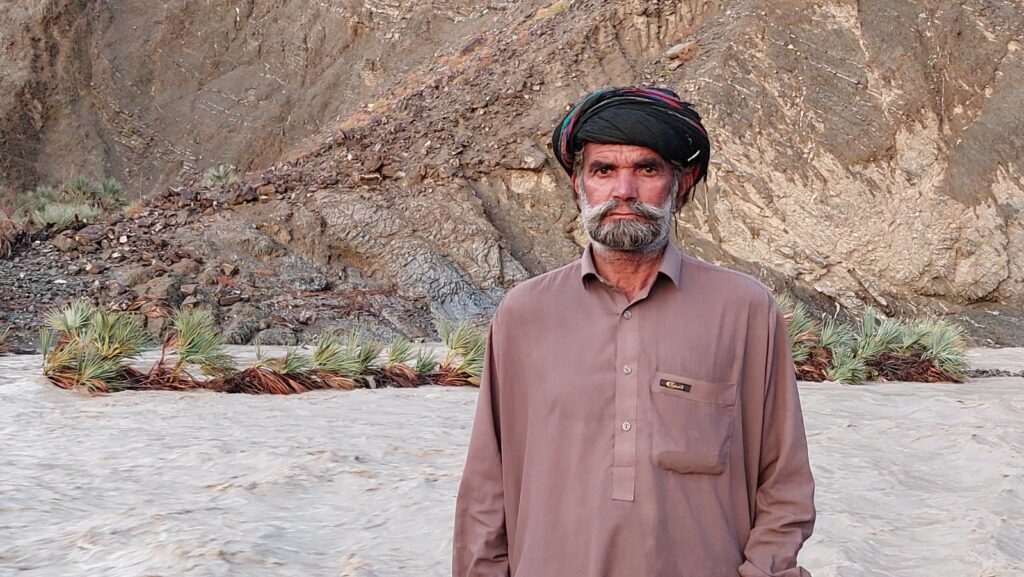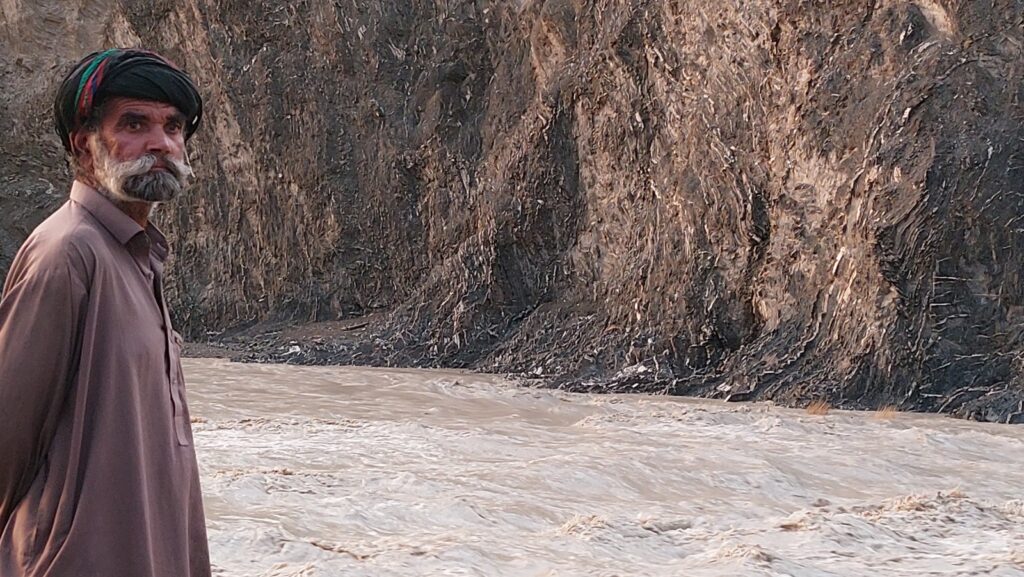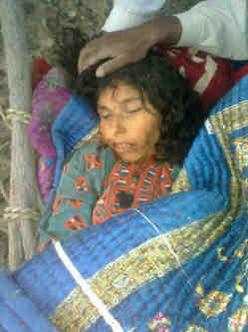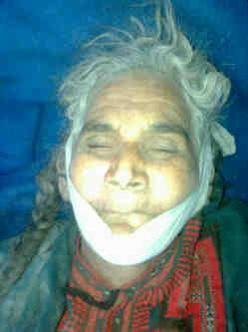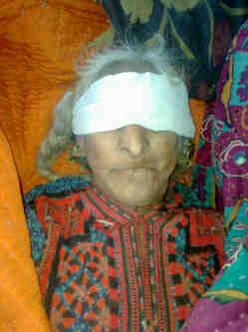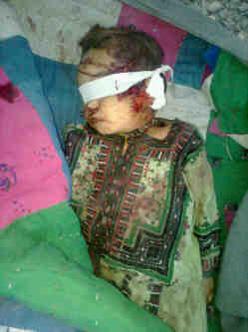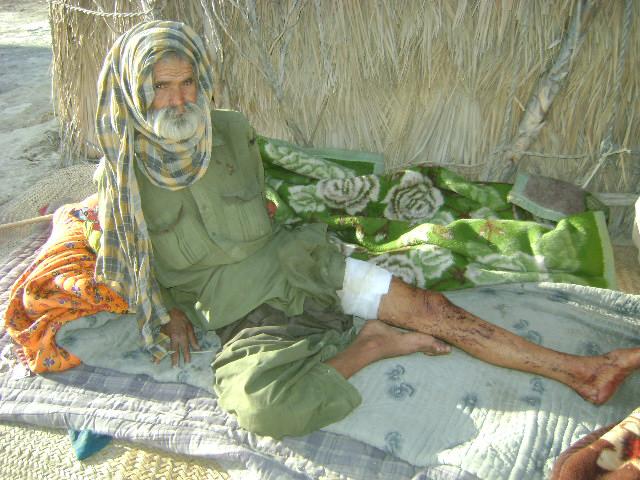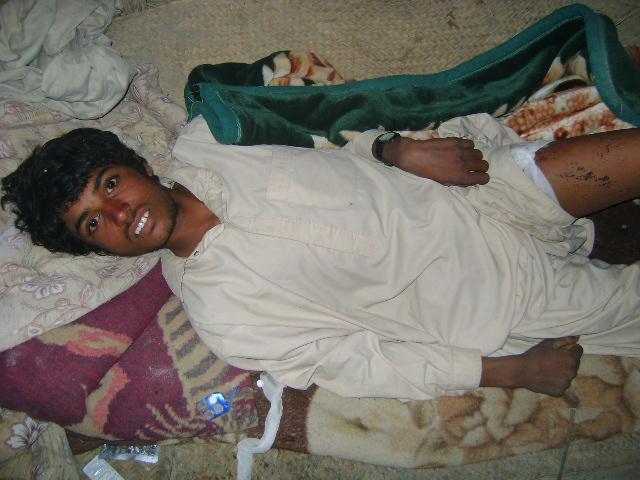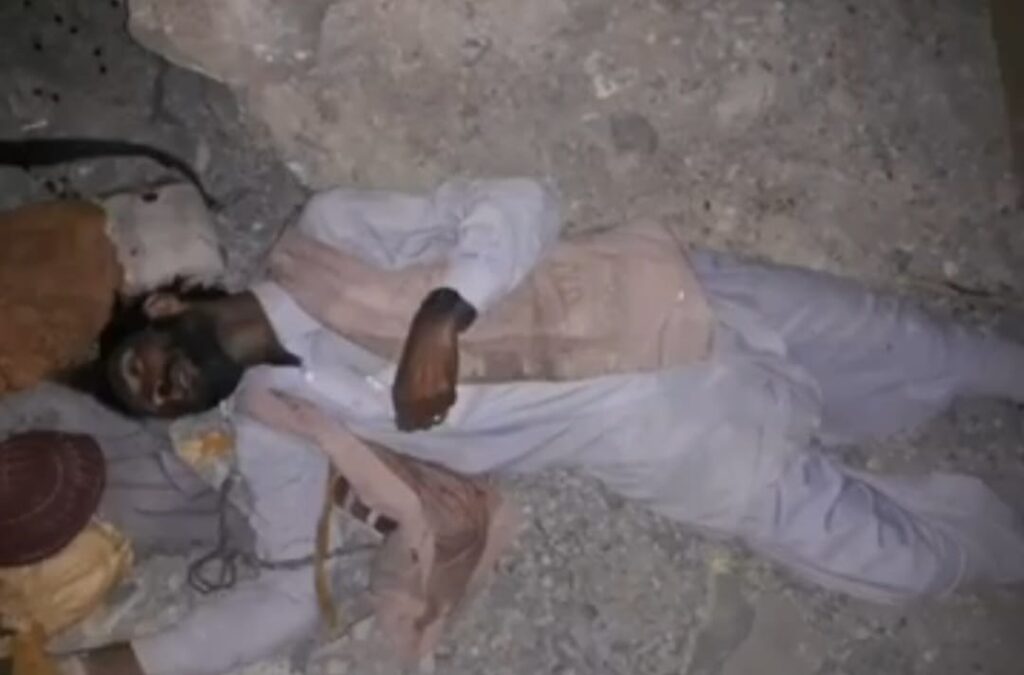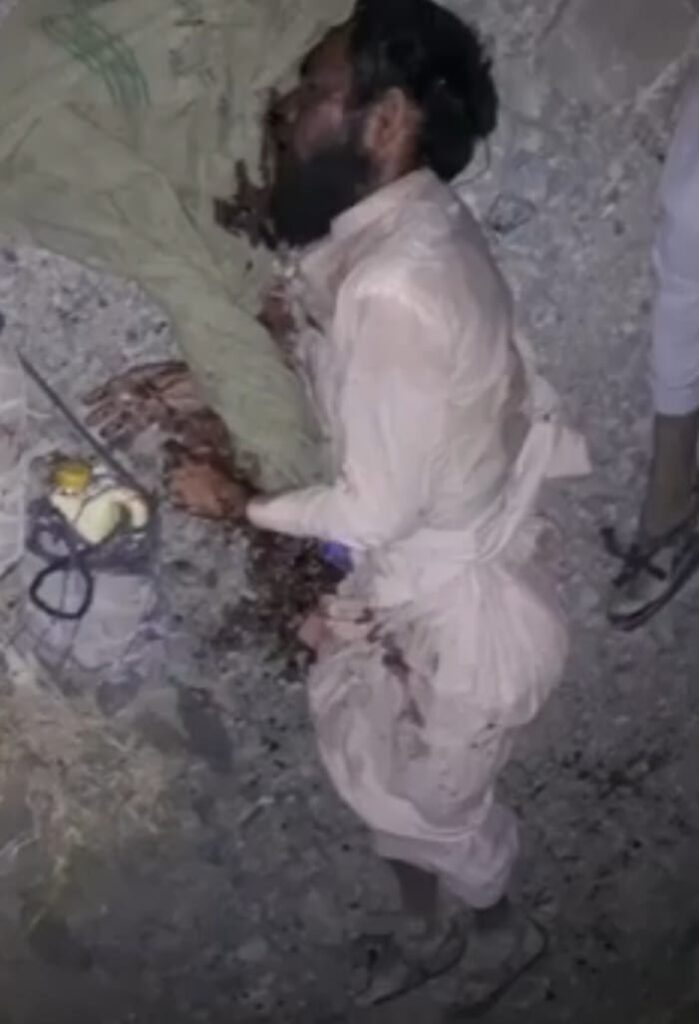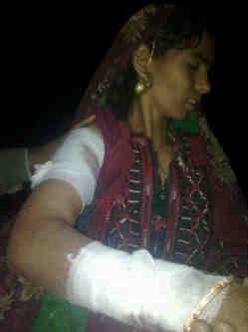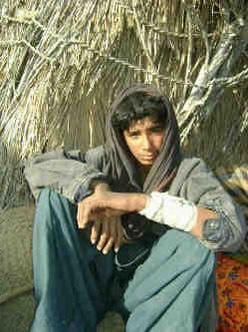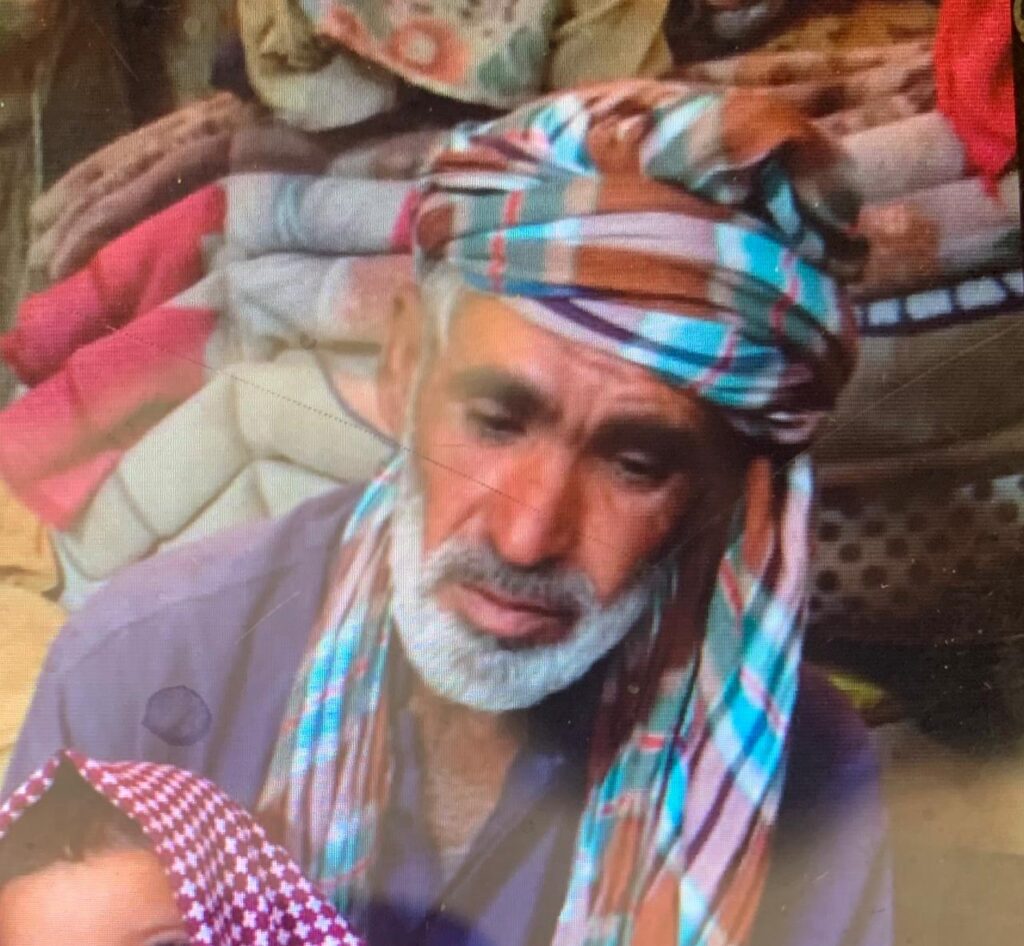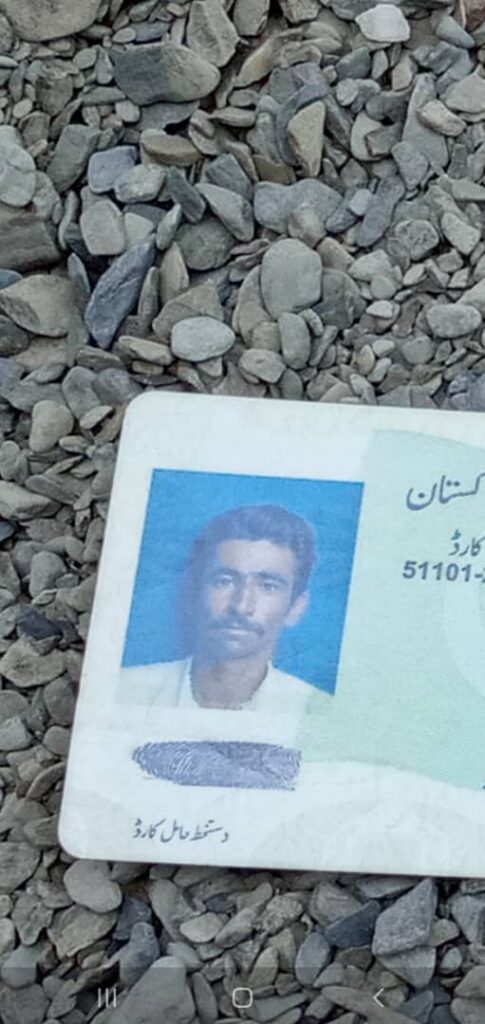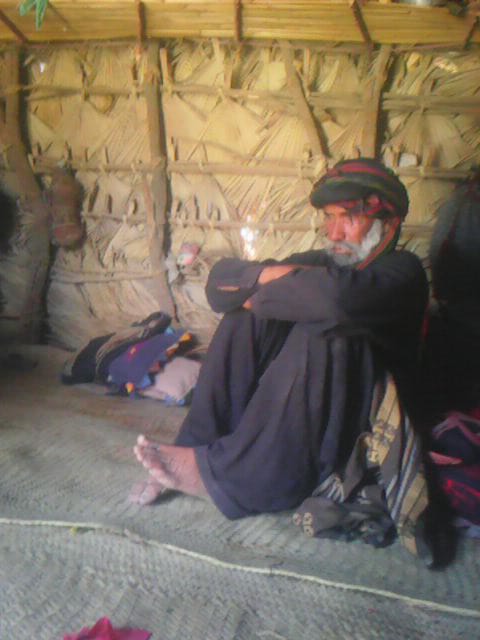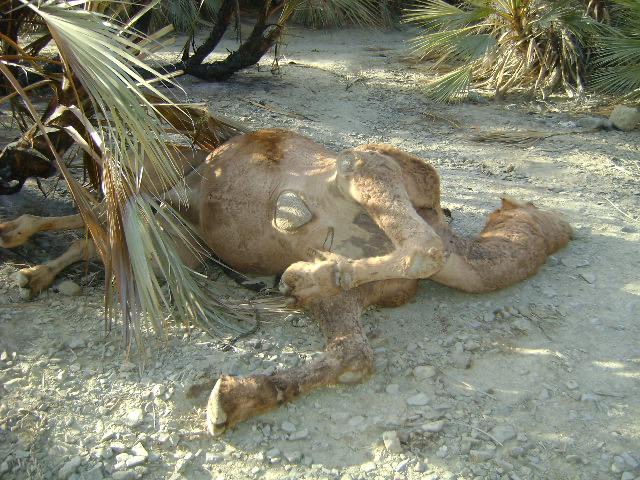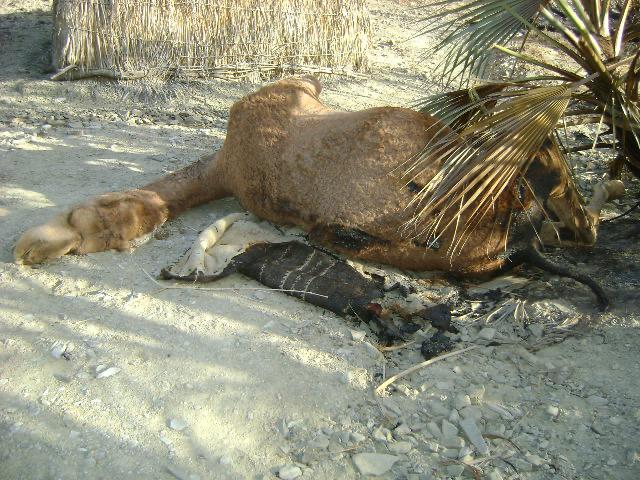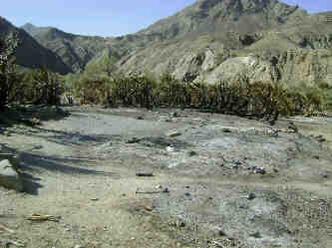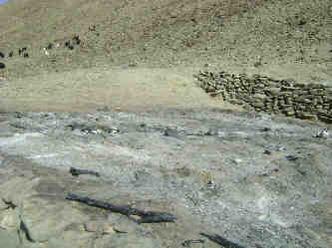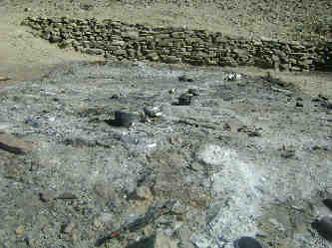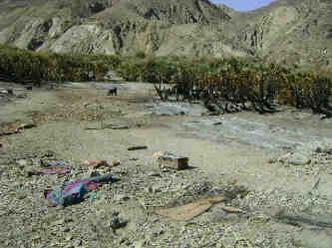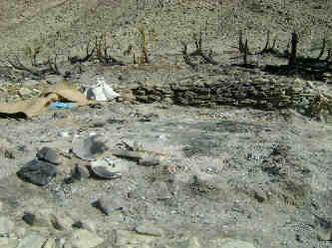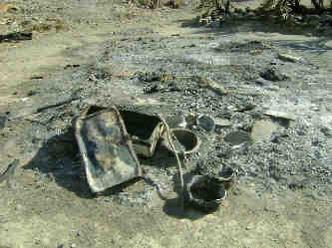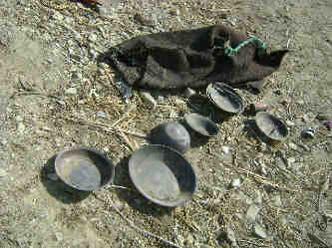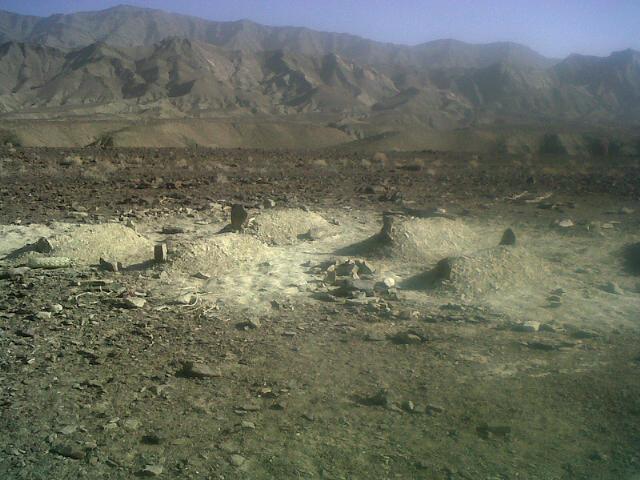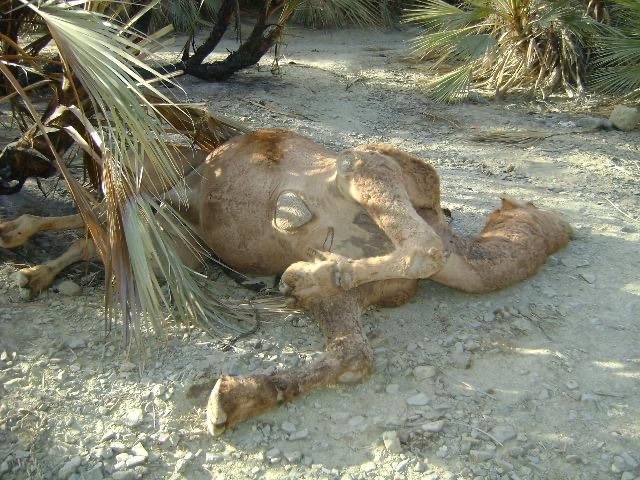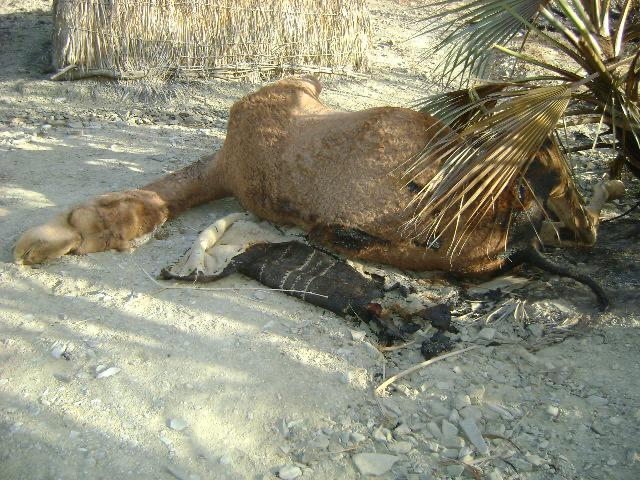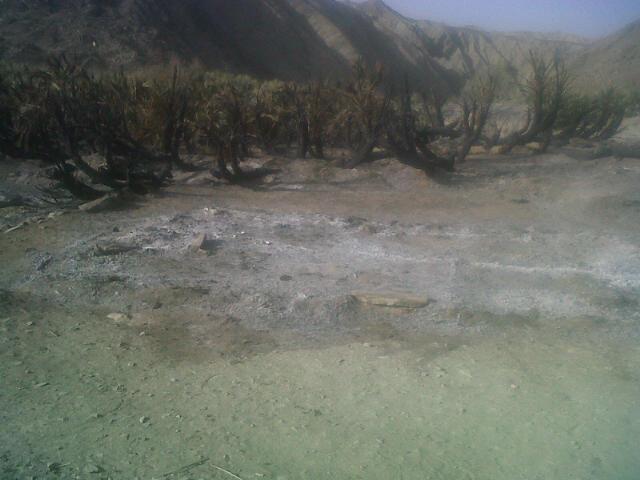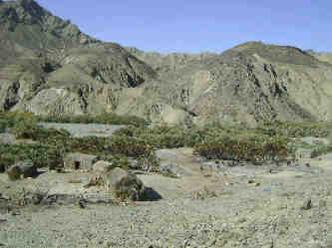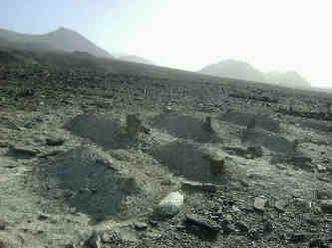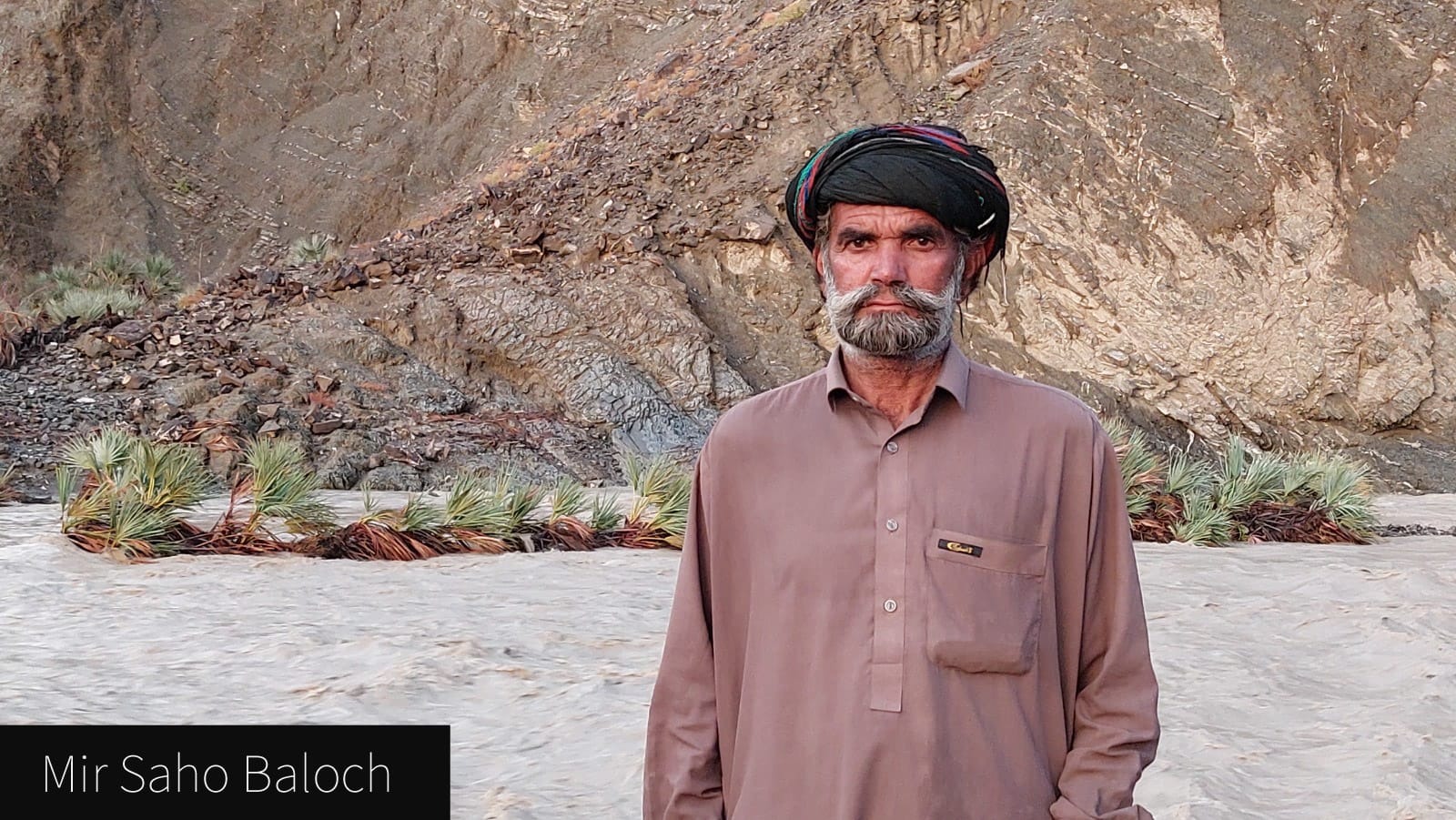[“PAANK” has released the second episode of its series on the collective punishment inflicted on Baloch masses by Pakistani forces.”]
This story comes from “Meeri”, a village located in Tehsil Mashkay of district Awaran in Balochistan, which has been devastated by the Pakistani army.
The Pakistani government has been accused of committing human rights violations against the Baloch people in Balochistan, where there has been ongoing violence and conflict for decades. The most vulnerable and remote members of the Baloch nation have been reported to be the most affected by these abuses.
The name “Meeri” is familiar in different parts of Balochistan, with forts and places carrying this name, each with its own unique history. From stories spanning centuries to those of the 21st century, every place has a rich tale to tell.
Balochistan is witnessing history in the making today. For me, the name “Meeri” stirs up painful memories that are difficult to articulate, yet I’ll attempt to do so.
Despite losing everything, an elderly man remains a symbol of courage and commitment to Balochi traditions and to “Meeri”. He endures great pain and suffering, yet perseveres with his unwavering spirit. The agony of homelessness and losing everything, along with the overwhelming grief of losing seven loved ones, including a son and his wife, is indescribable. No amount of words can capture the depth of pain and suffering that these experiences bring.
This report showcases Mir Saho Sajidi’s family from Mashkay Meeri, Balochistan, who were subjected to violence by Pakistani forces. Their sufferings are highlighted in this account.
This family in Balochistan experienced brutal targeting by Pakistani forces. Several family members disappeared, tortured, and later released with severe injuries, while others were killed. Sajidi’s daughter-in-law remained missing. This case study highlights the ongoing human rights abuses in Balochistan, where locals are subject to enforced disappearances, extrajudicial killings, and military operations without accountability or justice. The Pakistani government continues to deny access to international organizations and journalists, perpetuating the silence and impunity.
On December 25, 2012, Pakistani forces attacked the hamlet of seventy-year-old shepherd and head of his family, Mir Saho Sajidi, resulting in seven deaths and several injuries.
The report gives a comprehensive description of the incident, disclosing the identities of the casualties and the relatives left to face enforced disappearance and extrajudicial killing at the hands of the Pakistani military.
Pakistani gunship helicopters conducted an aerial operation on Mir Saho Sajidi’s village “Meeri” in the “Tank” area of Mashkay Tehsil of Awaran District, Balochistan on December 25, 2012, at around 7:00 am. The shelling was indiscriminate, and at the time, Mir Saho’s entire family was present in their huts in the village.
In the evening, we received information that Pakistani forces had committed an extremely violent act in the village of Mir Saho, crossing all boundaries of brutality. Many people have died, and many have been injured. The situation required urgent support. Due to the fear of Pakistani forces’ brutality, nobody was willing to offer their aid.
His family suffered brutality, but few were willing to help them. I and some friends traveled to their village to offer assistance.
After a perilous journey through treacherous mountains and arduous paths, we arrived at the victim’s family at 11 pm. The area is devoid of medical aid and sustenance, with the locals burying the deceased and rushing the wounded to the closest village.
Mir Saho told us; “As the helicopters and shelling intensified, women and children were gripped with terror and began screaming. They attempted to flee for safety in the bushes, but the relentless bombardment left them unable to escape. The sounds of war echoed all around, and the innocent victims were left with no choice but to hide, hoping, and praying for an end to the violence.
Pakistan’s brutal attack claimed the lives of seven individuals in the village, including:
- Ali jan s/o Mir Saho
- Ganj Khatoon w/o Ali jan
- SadGanj w/o Mir Saho
- Halima w/o Katto
- Khuda Dad s/o Noor Muhammad
- Mahnaz w/o Noor Muhammad
- Bakhti d/o Deenar
Mir Saho struggled to hold back tears as he recounted the brutal Pakistani attack. With both hands on his waist, he spoke of his martyred son, his voice breaking as he talked in anguish. “Oh, my son!” he wailed, unable to contain his grief.
The tragic loss of life highlights the ongoing violence and underscores the urgent need for greater action to address these issues. The families of those who were killed are no doubt devastated by their loss.
This bombing also caused numerous injuries to several individuals, including
Badal Khan, s/o Rehmat
Sher Jan s/o Mir Saho
Hassan s/o Ali Jan
Lal Khatoon, w/o Khuda Dad
Sharatoon w/o Adam
Babul s/o Deenar
Adam s/o Noor Muhammad.
Despair filled the entire settlement, as burnt huts and slaughtered cattle and people lay smoldering in the aftermath of the attack. Smoke billowed into the sky, casting a grim and tragic atmosphere upon the devastated village.
Upon our arrival, my group and I were confronted with the raw agony and suffering of Mir Saho. It was heartbreaking to see tears running down his face as he recounted the violence and destruction that had befallen his village. The brutal loss of lives, including those of many of his family members, was an unbearable burden for anyone to bear.
With heavy hearts and tearful eyes, we were struck by the enormity of the situation. Despite the family’s remarkable strength and bravery in the face of adversity, their suffering was unimaginable. It was truly inspiring to witness their resilience, but the pain they had to endure was harrowing.
The incident had spread throughout the region, prompting friends to provide essential supplies and medication to the family.
The injured in the village were left to suffer without medical assistance or basic necessities. Their screams of agony echoed through the barren landscape as locals carried the dead on crude wooden stretchers. With no access to food or drink, the beleaguered residents were forced to fend for themselves amidst the devastating aftermath.
Mir Saho chose to stay in his native village despite losing everything. He and his surviving family members continue to reside in the mountains. Despite the 2012 mass execution, Mir Saho’s family continued to be subjected to enforced disappearances and extrajudicial killings by Pakistani forces. The plight of this family is a harrowing tale of oppression, persecution, and injustice.
Pakistani forces stopped Sher Jan, the young son of Mir Saho, who was injured in the 2012 operation, along with his wife and three female relatives, as they were traveling to Mashkay city in 2018. Sher Jan fled to safety instead of being apprehended, while his wife Zar Malik, aunt Laal Bibi w/o Deena, Sara w/of Waju and a relative Zar Bibi were taken into custody by the Pakistani army. They were then subjected to intense mental pressure and torture at the Tank Army camp, where they were detained for two months.
Sherjan, the son of Mir Saho, passed away in 2020, while Sara, the widow of Waju, succumbed to minor pain and fever in 2022. The cause of death was attributed to a lack of basic facilities and first aid.
In a shocking act of collective punishment, Pakistani forces killed Mir Saho’s nephews, Shoaib and Waju sons of Muhammad Umar, on October 30, 2020, adding to the already high toll of violence inflicted upon that family. Both were shepherds and were tending to their grazing cattle when this tragedy occurred, resulting in their deaths.
In March 2017, Abdul Wahid, son of Bashir Ahmed, a member of Mir Saho’s family, was detained by the Pakistan Army from Awaran Pirandar. His body was given to Awaran Headquarters Hospital two days after his disappearance, displaying evidence of severe torture.
Pakistani forces detained Muhammad Umar and Bahram in 2019 from Mashkay Tank Mir Jan Muhammad Bazar, releasing them after four months of physical and mental torture Bahram was the son of Ali Jan, who was killed in the bombardment in 2012.
The family is being forced to flee their home and means of support, leaving them with a sense of hopelessness and despair. It’s a tragic illustration of the toll taken on innocent people when power and injustice go unchecked.
The family of Mir Saho Sajidi is a poignant example of the harsh treatment and violence faced by the Baloch nation from the state. The Baloch people have been victims of various forms of violence by the Pakistani state, including enforced disappearance, extrajudicial killing, and other forms of oppression for a long time.
The international community must act against the ongoing human rights atrocities in Balochistan and hold perpetrators accountable. Victims like the family of Mir Saho Sajidi need justice and the right to live free from violence and oppression. It’s time to end the suffering and build a secure and safe future for the Baloch generation.
Mir Saho’s attachment to “Meeri” is deeply ingrained in his heart and mind, and similarly, the sound of gunship helicopters has left an indelible imprint on him that cannot be erased, according to psychological science. The thunderous sound continues to resonate within him, serving as a constant reminder of his traumatic experiences.
The haunting imagery of bombs falling from the sky remains seared into the memory, making it difficult to forget. Despite this, there is a glimmer of hope in the form of protection of “Meeri”. The question now arises whether this same protection will extend to someone else, specifically Mir Sahib. Will “Meeri” be there to safeguard him as well?
